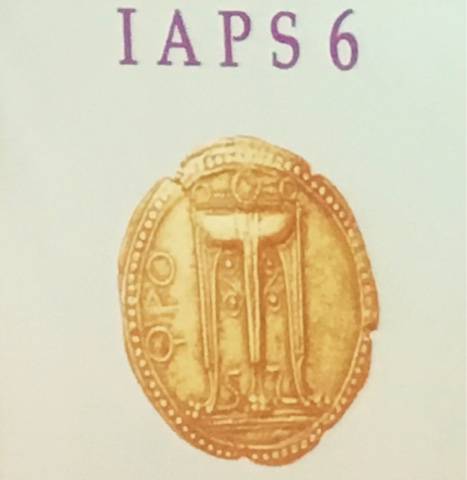As Jonathan Barnes has reflected along with Hugh Lloyd-Jones and David Lachterman among others in an older tradition, including Karl Reinhardt and, most recently, as Gherardo Ugolini and, in the broader tradition of philology, as Christian Benne has argued, it is worth questioning the convention that Nietzsche was ‘not really’ a classical philologist. Yet scholarly reception of Nietzsche continues to be conducted (even for exceptions such James Porter, Glenn Most, John Hamilton, even André Laks) on the same terms that informed Wilamowitz’ juvenile critique. As Nietzsche reproaches himself in his own “ Versuch einer Selbstkritik ” written to accompany the republication (unaltered) of his first book, the “ears” for his reading of antiquity seem not to have existed — as they do not seem to exist today. Nietzsche — the Anti-Aristotle par excellence — insisted that Diogenes Laërtius, as Barnes explains, “is in fact night-porter to the history of Greek philosophy: no-one can enter unles...



